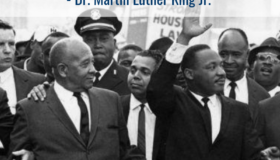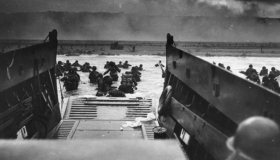D-Day and Its Profound Impact on American History
June 6, 2024
June 6, 1944, known as D-Day, is etched in American history as one of the most significant Military operations ever undertaken. This pivotal day marked the beginning of Operation Overlord, the Allied invasion of Nazi-occupied Western Europe during World War II. The impact of D-Day on American history is profound, shaping not only the outcome of the war but also the trajectory of the United States as a global superpower and a defender of freedom and democracy.
The Prelude to D-Day
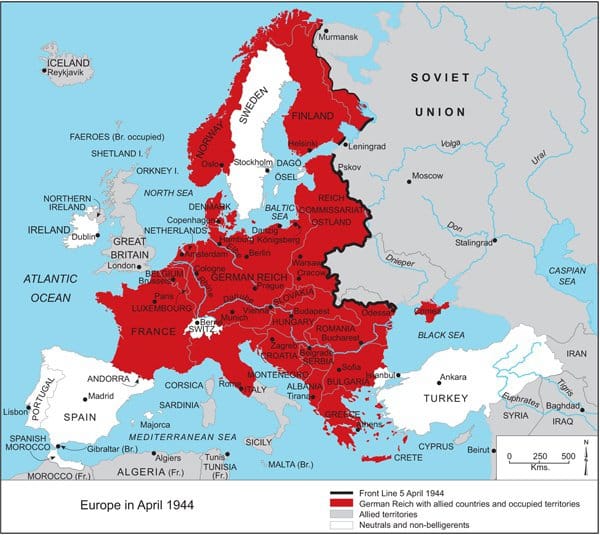
By 1944, the United States had been actively involved in World War II for nearly three years, following the Japanese attack on Pearl Harbor in December 1941. The Allies, comprising the United States, the United Kingdom, the Soviet Union, and other nations, faced the formidable task of liberating Europe from Nazi control. The planning for D-Day, spearheaded by General Dwight D. Eisenhower, was an enormous logistical and strategic challenge. It required extensive coordination and the gathering of intelligence to ensure the success of the largest amphibious invasion in history.
The Execution of D-Day

In the early hours of June 6, 1944, Allied forces launched the invasion with airborne assaults, dropping paratroopers behind enemy lines to secure key positions. This was followed by a massive seaborne invasion across five beaches in Normandy, France: Utah, Omaha, Gold, Juno, and Sword. American forces were primarily responsible for the landings at Utah and Omaha beaches. The landings were met with fierce German resistance, especially at Omaha Beach, where American soldiers faced intense machine-gun fire, artillery bombardments, and obstacles on the shore.
Despite the heavy casualties and brutal conditions, the sheer determination and bravery of the American troops turned the tide. By the end of the day, the Allies had successfully secured the beaches, marking the beginning of the end for Nazi Germany.
The Impact on American Military Strategy
D-Day had a significant impact on American Military strategy and doctrine. The success of the Normandy invasion demonstrated the effectiveness of combined arms operations, integrating land, sea, and air forces. This approach became a cornerstone of American Military tactics in subsequent conflicts. The logistical feat of moving hundreds of thousands of troops, vehicles, and supplies across the English Channel also highlighted the importance of advanced planning and coordination, principles that continue to underpin U.S. Military operations.
The experience and lessons learned from D-Day shaped the careers of many American Military leaders, including General Eisenhower, who would later become President of the United States. Their experiences in World War II influenced American defense policies and strategies during the Cold War and beyond.
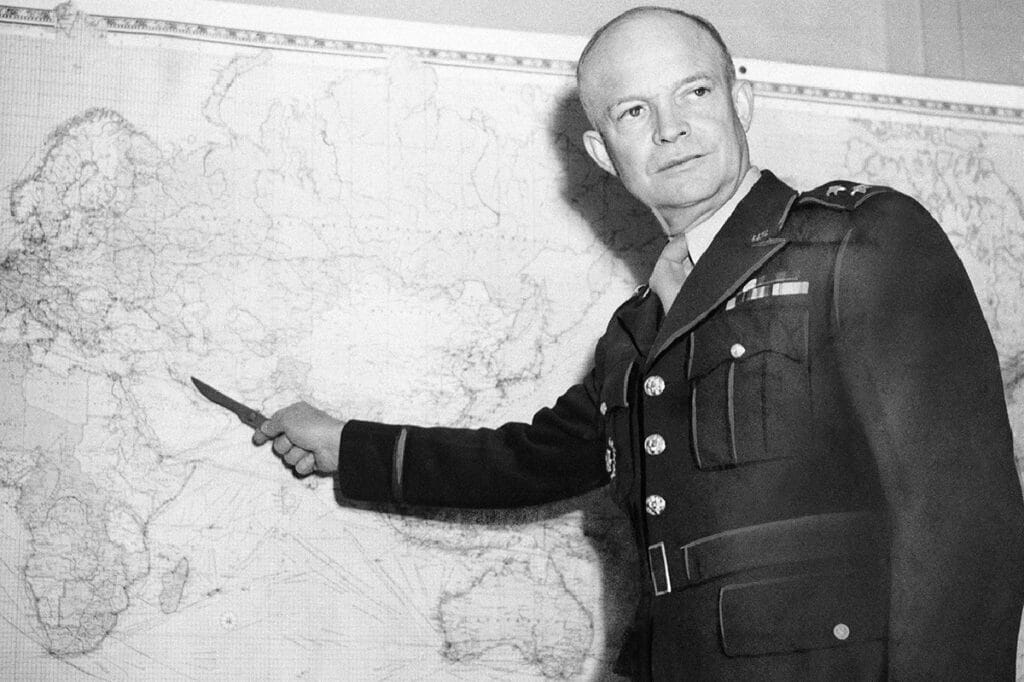
The Societal Impact in America
D-Day had a profound impact on American society. The war effort mobilized millions of Americans, both on the front lines and on the home front. The success of the invasion fostered a sense of unity and purpose among the American people, reinforcing the values of sacrifice, duty, and patriotism. The contributions of women and minorities in the war effort also began to change societal norms and laid the groundwork for the civil rights movements that would gain momentum in the post-war years.
The sacrifices made on D-Day and throughout World War II were a testament to the American spirit and resilience. The stories of heroism and perseverance from the beaches of Normandy became part of the national narrative, inspiring future generations to serve their country and uphold its values.
The Geopolitical Impact
The success of D-Day and the subsequent Allied victories in Europe established the United States as a dominant global power. The liberation of Western Europe from Nazi control and the eventual defeat of Germany solidified America’s role as a leader in the post-war world order. This newfound influence was instrumental in the creation of international institutions like the United Nations and NATO, aimed at promoting peace and stability.
America’s leadership in the post-war reconstruction of Europe, through initiatives like the Marshall Plan, further underscored its commitment to rebuilding war-torn regions and fostering economic growth and democratic governance. This period marked the beginning of the United States’ long-standing role as a global protector of democracy and human rights.
The Legacy of D-Day
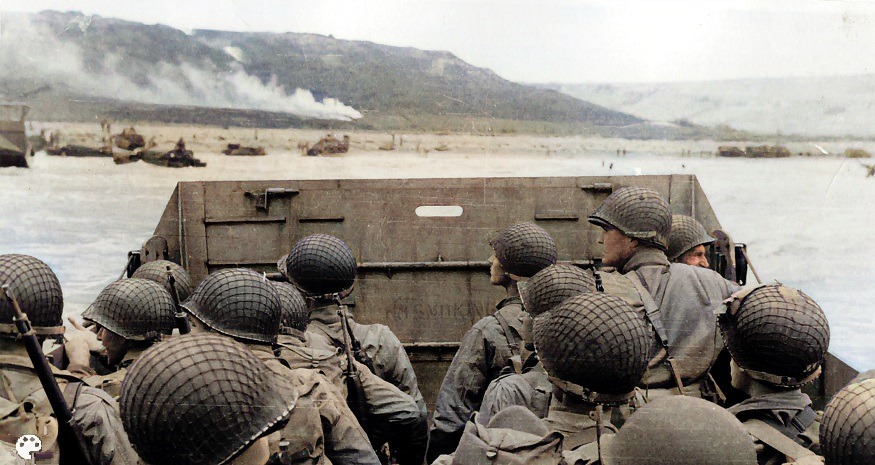
D-Day’s legacy endures in American history and collective memory. Every year, commemorative events honor the Veterans and remember the sacrifices made on the beaches of Normandy. Memorials and museums dedicated to D-Day serve as educational resources, ensuring that future generations understand the significance of this monumental event. If you feel the calling to honor not just those who gave their life on D-Day but also current Service Members and Veterans, then consider volunteering with us to say thank you to those who have served or are serving!
D-Day remains a symbol of courage, unity, and the enduring fight for freedom. It is a reminder of the costs of war and the profound impact of collective effort and sacrifice in the pursuit of a just and peaceful world.

